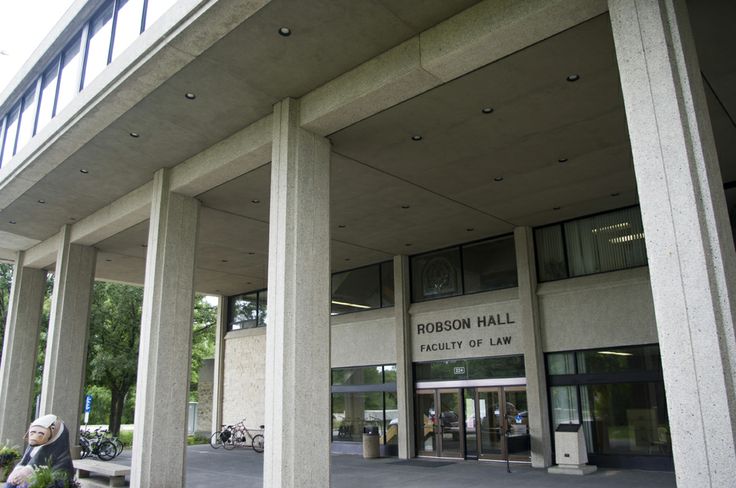
Law Professors prove a valuable resource for information on juries following Stanley verdict
Faculty members' research sheds light on legal issues
Faculty of Law professors at the University of Manitoba have been repeatedly approached for comment regarding the ‘not guilty’ verdict reached by the jury at the end of the Battleford Court of Queen’s Bench trial of Gerald Stanley for the shooting death of Colten Boushie that concluded on Friday, February 9, 2017.
Known for their extensive research on Canada’s Criminal Justice System, professors David Milward and Richard Jochelson, as well as Constitutional Law professor Gerald Heckman, are among several Law faculty members who have found themselves on the media’s list of experts to approach for sound bites on the subject.
Milward has long been actively involved in publishing research and resources regarding Indigenous people and the Canadian justice system, including The Gladue Project, which yielded the Gladue Handbook published in 2012. The Handbook is a resource for lawyers, judges and other justice system participants. He gave an insightful interview on the Stanley case on the February 12 edition of The Ryan Jespersen Show (630 AM CHED). He spoke on CJOB the next day regarding questions of jury representativeness, and was quoted in the National Post about the case several days before the verdict was handed down.
Jochelson has published research on the very subject of jury representativeness twice in the past few years, both in the Manitoba Law Journal 37 (2) in his article “Revisiting Representativeness in the Manitoban Criminal Jury,” and in the Journal of Ethics in Mental Health (v. 10) in “The Jury Representativeness Guarantee in Canada: The Curious Case of Disability and Justice Making.” Jochelson also gave an interview via Skype to Global TV on February 12.
In a CBC article reporting on the Manitoba Justice Minister Heather Stefanson’s position, Heckman pointed to the 2013 report written by former Supreme Court of Canada judge, Frank Iacobucci, titled First Nations Representation on Ontario Juries. “Whatever Canadians think about the verdict, we all accept that public confidence in the justice system and in its outcomes is eroded when that system produces jury panels on which members of First Nations are under-represented or not represented,” Heckman told the CBC by email.
Jochelson also referred to the Iacobucci report in an email to Law Faculty communications staff, when noting what key points on this issue are important for everyone to understand:
“Indigenous representation on Manitoba’s juries is something we have known to be problematic since the 1991 Aboriginal Justice Inquiry, and from Ontario’s more recent Iacobucci Report. The standard for a representative jury is not very high, as the Supreme Court confirmed in the Kokopenace case. The failure to reform the system or provide meaningful change reflects the failure of the Courts to conceive of s.11 of the Charter as providing actionable grounds for meaningful change, and in our socio-political failures of not including and not incentivizing Indigenous persons to participate in justice making functions in proportion to their population. The representativeness guarantee is only meant to protect an accused person, and its import for victims remains beyond the Charter’s grasp for now. Perhaps future challenges using s.15 equality rights could prove fruitful in this regard, or alternatively, provincial law reform of the jury process. For now, Indigenous representativeness on Canada’s juries is another symptom of an incomplete truth and reconciliation process.”
Read More
U of M President David Barnard issues a statement on the trial.
Law professor does marathon of interviews to help Canadians understand Cormier verdict






